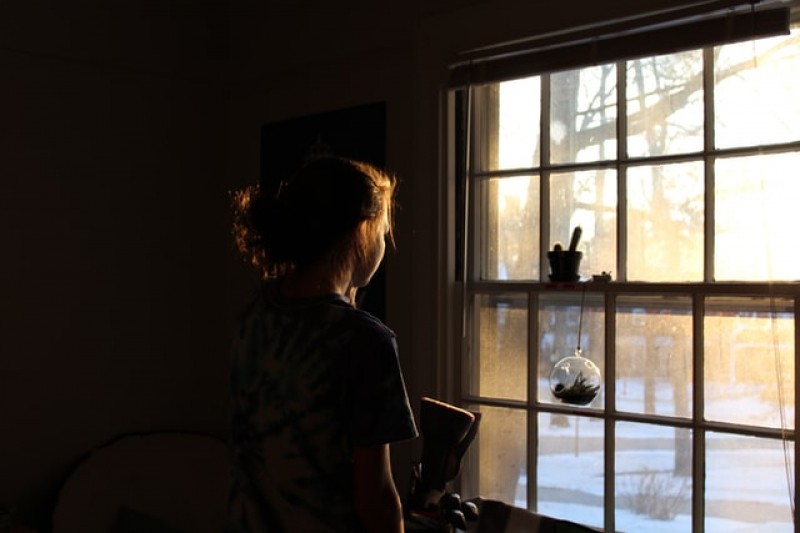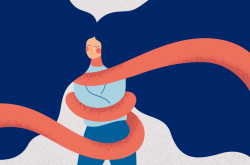What’s SAD?
Seasonal affective disorder (SAD) is a kind of depression that typically starts in fall or winter and ends in spring. Studies show that it’s more widespread in northern regions: for example, about 9.2% of the Alaskan population seem to have it.
It has to do with lack of sunlight that disrupts the normal body clock and affects the production of hormones like melatonin (responsible for sleep) and serotonin (responsible for mood).
According to WebMD, people with SAD typically feel like sleeping for longer than usual and crave carbohydrates, as well as experience common symptoms of depression, such as low mood, fatigue, irritability, lack of energy, hopelessness, and trouble concentrating. If symptoms like this come with the cold season, especially if they do so every year, it might mean that you’re suffering from SAD.
The good news is, its symptoms can be decreased by making some changes in your lifestyle – unless the symptoms are severe, medical treatment can be avoided.
“When it comes to any form of depression, it’s important to correctly assess your capabilities in this state,” says Alia Grekova, a lead psychologist at ITMO’s Medical, Psychological and Social Assistance Center. “Depressed people tend to feel guilty for not doing enough: they aren’t able to be as efficient and productive in their activities as their classmates and friends are. Depression is an illness and loss of energy and drive are its symptoms. That’s why it’s important to be considerate of those who have it. During treatment, especially in the first three to four months, it’s important to keep reminding yourself that you should only fulfill your basic responsibilities and everything extra and not urgent can be left undone.”
Dealing with SAD
-
For one, it’s important to catch even the little daylight there is, so try to go outside when the sun is still up and don’t use the blinds until nighttime.
-
Artificial light sources can be beneficial, too: there are studies confirming that lightboxes with power ratings of at least 10,000 lux are efficient in relieving symptoms of depression.
-
Common tips like maintaining a balanced diet, exercising, and staying active are also of great help. And if you feel like you lack social interaction, consider joining one of ITMO’s student clubs.
-
If possible, it might also be good to do a blood test and consult a doctor to see if you have a vitamin deficiency: for example, it might be hard to get enough vitamin D in regions where there’s little sunlight.
-
Try to avoid self-diagnosing. Disorders such as depression and SAD are not the terms to be used lightly and can only be confirmed by a specialist, as, even if you have the above-mentioned symptoms, they might be temporary or too mild to require special treatment.
-
Still, it might be a good idea to consult a psychologist even if your state is just slightly off, just to make sure that it’s not more serious than you thought and receive advice on how to deal with your discomfort.
-
In case you feel like something’s been wrong for a while or you experience severe fatigue, anxiety, or despair, don’t hesitate to reach out for help.
-
It might be difficult to find a therapist who works with international patients in Russia. We suggest consulting a specialist from your native country remotely to see if online sessions will suffice in your case. You can also get in touch with several English-speaking specialists on Alter.
Stay healthy and always take good care of yourself, especially during this frosty winter!




